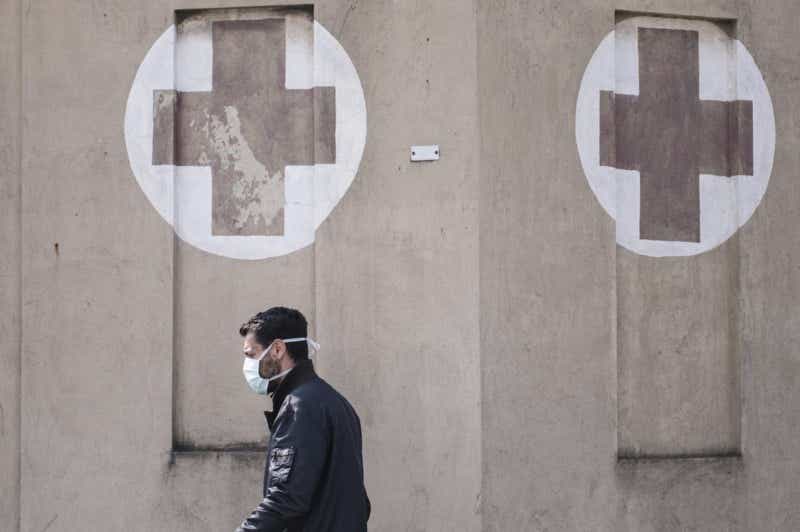And what it means to be asymptomatic
We’re in the midst of a global coronavirus pandemic — and it can be hard to sort through all the information (and, let’s face it, misinformation) that’s out there. So on the latest episode of my podcast Next Question, I turned to an expert for help: Dr. Maria Van Kerkhove, the head of the WHO’s outbreak investigation task force. She explained how we can protect ourselves, how to recognize symptoms of the new coronavirus — known as COVID-19 — and what it means to be asymptomatic.
Listen to the full podcast episode here — and read on for all your symptoms-related questions, answered.
What are the symptoms of the coronavirus?
Common symptoms can range from mild to severe, depending on age and whether you have an underlying health condition. For instance, older Americans are more likely to develop more severe cases, while kids are more likely to develop milder cases.
Initial symptoms may include:
- Fever
- Cough
- Shortness of breath
- Tiredness
According to a New York Times report, some people may even lose their taste or sense of smell. The World Health Organization (WHO) said in more serious cases an infection can lead to everything from pneumonia and severe acute respiratory syndrome to kidney failure and even death. In order to prevent the spread of infection the WHO recommends regular hand washing, covering your mouth and nose when coughing and sneezing as well as thoroughly cooking meat and eggs. You should also avoid coming in close contact with anyone showing symptoms of a respiratory illness such as coughing or sneezing.
How do I know it’s not just allergies — or the flu?
As a CNN report notes, be careful not to confuse these symptoms with allergies — or the flu. Unlike allergies, which typically affect the eyes and nose, coronavirus and the flu tend to affect the entire body.
Distinguishing whether you have the coronavirus or the flu requires some contextual information, such as whether you’ve traveled recently — or if you’ve been in contact with someone who has. There are also certain symptoms that are more of a red flag than others, such as shortness of breath. “What would increase the suspicion of coronavirus would be if you were short of breath,” Dr. Greg Poland told CNN. “People can also develop pneumonia from the flu, which has a similar presentation, so either way you’re going to want to seek medical attention.”
What should I do if I’m experiencing symptoms?
Dr. Kerkhove, an infectious disease epidemiologist, told me in the latest episode of Next Question that the first step is to immediately isolate yourself — because you never know who you could come into contact with. “If we can minimize our own risk of infection, then we can minimize that spread to vulnerable populations and those individuals have a higher chance of death,” Van Kerkhove said. The next step would be to contact your health care provider or local board of health.
What if I’m asymptomatic? And likewise, what are my chances of catching it from someone who is asymptomatic?
Luckily, being asymptomatic — or not displaying any symptoms all — isn’t very common. Van Kerkhove said there are only a few known asymptomatic coronavirus cases so far. “Many of those asymptomatic people do go on to develop symptoms, so having someone that’s truly asymptomatic among the reported cases that we know about is rare,” she said.
Van Kerkhove added that asymptomatic cases are also not a major driver in transmission, but she said this could have to do with the sheer lack of documented cases.
And what about ‘social distancing’?
However, just because you feel healthy and aren’t displaying symptoms doesn’t mean you should ignore taking some precautions. The CDC has recommended “social distancing” — or avoiding large crowds and public gatherings. To slow the spread of COVID-19 and reduce transmission, the CDC has recommended the measure to help prevent sick people from coming in close contact with healthy people. However, as a recent Vox report explores, the rules of social distancing aren’t exactly clear. For instance, does social distancing mean you should avoid going to the gym or getting a haircut? Read more here.
Listen to Next Question for more.
This originally appeared on Medium.com









